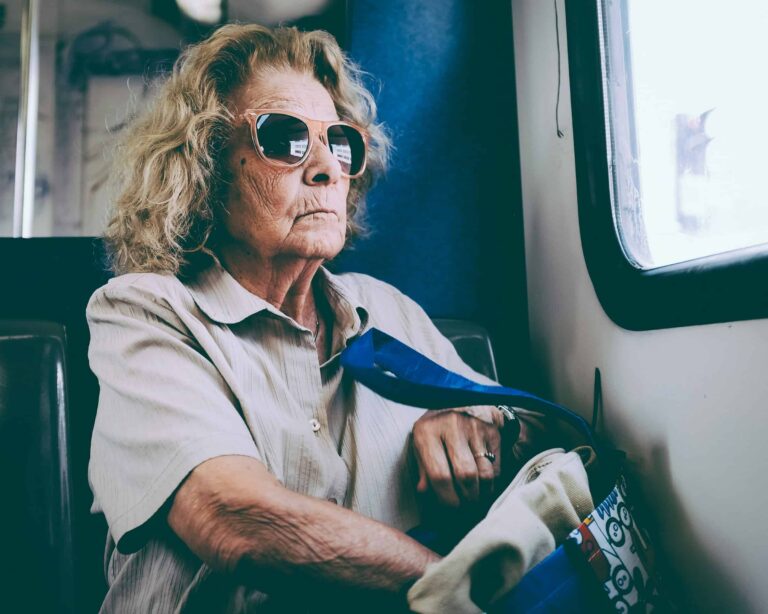“As soon as I mention I have COPD, I’m immediately asked about smoking”
“I was foolish enough to smoke, so it’s my own fault I got sick.”
“For a long time, I kept my diagnosis to myself… it was easier just to tell people I had asthma than to explain that I actually have COPD too.”
COPD – an overlooked public health issue
COPD is one of the world’s most prevalent diseases, yet it rarely receives the same attention as other chronic conditions. Many people with COPD feel ashamed of their diagnosis, which affects both their willingness to seek help and the healthcare system’s ability to provide the right support. COPD often lacks awareness and understanding on a broad scale, underscoring the need for increased education and compassion.
COPD is more than just smoking – let’s break the stigma
While smoking is a common cause of COPD, it’s not the only one. Workplace exposures, air pollution, and genetics also play roles in the disease’s development. Still, many people suffer in silence because of the stigma around smoking. This stigma is unfair and prevents people from receiving the support they need.
It’s essential to remember that public knowledge about smoking risks hasn’t always been as comprehensive as it is today. Many people began smoking before the health risks were widely understood. Self-blame does nothing to help – what matters is focusing on health today, and there is support available to quit smoking for those who need it.
No one should feel guilty – seek the support you deserve
Whatever the cause of your COPD, there is no reason for guilt or shame. COPD is a complex disease that can affect anyone, and all deserve support and respect. By talking openly about the disease, we can work together to change perceptions and reduce stigma.
Let’s make it easier to discuss COPD. No one should feel the need to hide their diagnosis or feel lesser because of it. Stigma often stems from a lack of understanding, and it’s up to all of us to start a conversation to shift perceptions of the disease. Together, we can foster a more supportive and compassionate view of COPD – and it starts with ending the blame.



